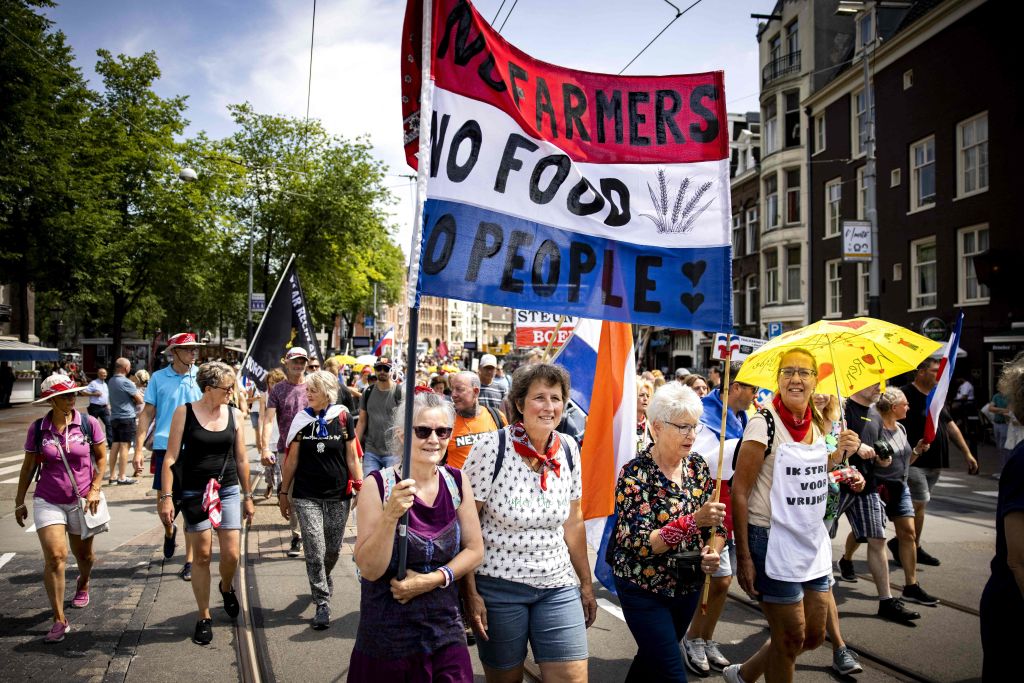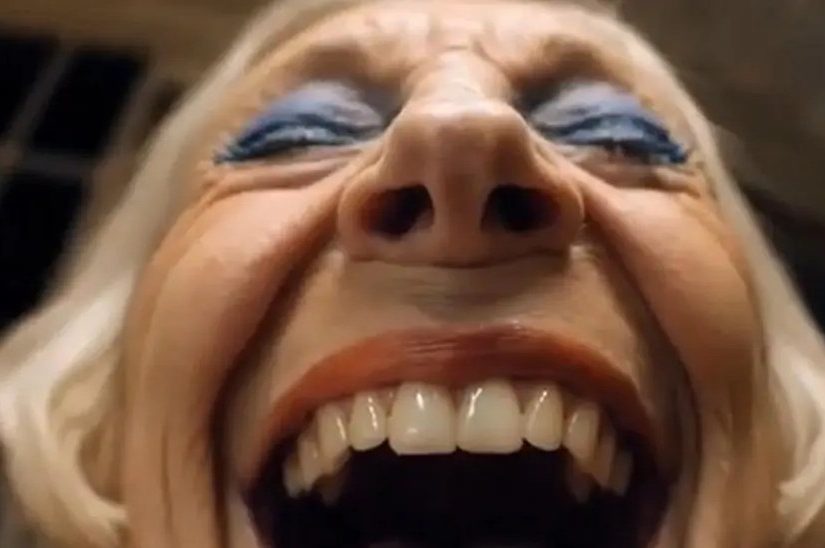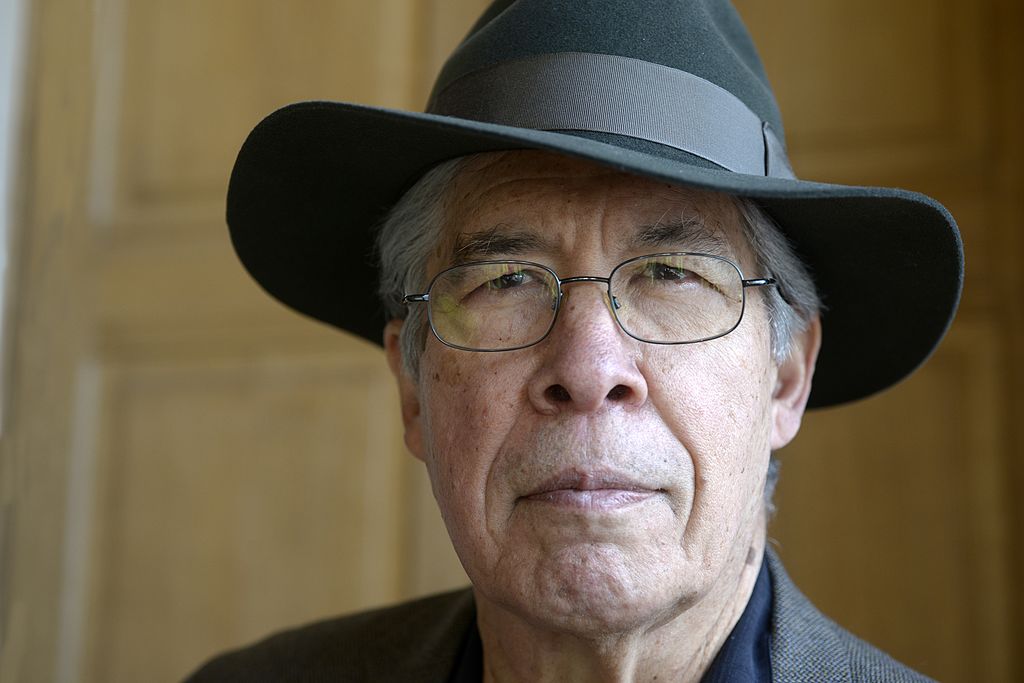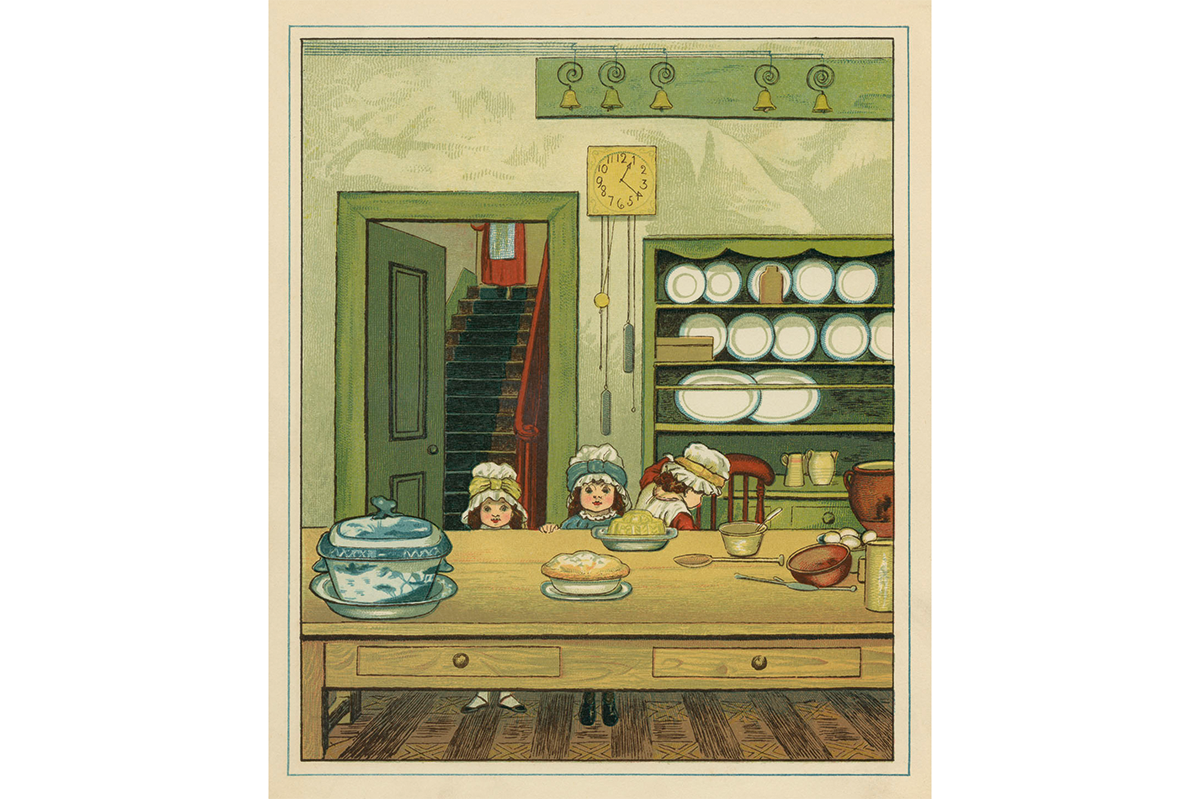Why are farmers around the world standing in solidarity with a tiny country in northwestern Europe? What’s going on here?
Starting in June, 40,000 Dutch farmers took their tractors to the streets to protest their government’s proposal to slash nitrogen emissions. For some farmers, this plan will mean culling 95 percent of their livestock. For others, it will mean going out of business altogether, hoping to sell their land to make ends meet — with the Dutch government as the only buyer.
I’m as green as the next guy, but there is a thin line between regulation and tyranny. With the Dutch government admitting, “there is not a future for all farmers within [this] approach,” they’ve placed themselves on the side of overreach — forcing farms that have been around for generations to shutter.
Why are these regulations unfairly targeting farmers?
Nitrogen — the enemy of EU climate regulators — is found in the emissions and waste of livestock. While it may cause problems in excess, it is necessary in farming. That’s why we use manure as fertilizer.
Here’s the problem: there is an extreme shortage of fertilizer in Europe, and it’s been exacerbated by the war in Ukraine. This has increased the cost of farming, hiking food costs for the consumer. Of course, livestock agriculture naturally produces manure, but Dutch regulations have made that impossible.
And that’s not the only factor. Increased gas costs caused most of the greenhouses in the Netherlands to go dark in late 2021. This was a blow to the industry, and gas prices are even higher now — especially as most of Europe relies on Russian natural gas.
The Netherlands agribusiness sector is facing a steep cliff, and the Dutch government is telling farmers to jump. Not only do the government’s steep demands violate the farmers’ dignity, they’re having repercussions worldwide, as the Netherlands is the second highest exporter of agricultural goods on earth.
Thankfully, the Dutch farmers have a backbone.
As they mounted their tractors and drove them onto major highways and around distribution centers, most of the world had no clue what was happening. The mainstream media stayed silent, leading some Dutch political commentators to speculate this is deliberate.
When the media did comment, it was almost never balanced. Experts who represented only the government’s side worked with the mainstream press. They parroted the line that it’s of no consequence to shift food production off of Dutch soil. Other Dutch publications have accused foreign journalists who are covering the protests of extremism.
Yet as the farmers got louder, more and more citizens joined up. Fishermen blocked many of the nation’s ports. The country’s largest festival, with around 220,000 attendees, cheered in support of the farmers. Average Dutchmen used their vehicles to block the streets alongside tractors. Nationwide solidarity formed around the farmers.
After Dutch police shot at a 16-year-old protester in his tractor (the teen was thankfully unharmed), the farmers only got louder — and the world listened. Even without mainstream media help, they’ve garnered worldwide support.
Solidarity protests have sprung up across the European Union. Since Dutch nitrogen policy has its roots in the EU climate agenda, other European nations fear they are next. Polish, Italian, and German farmers took to the streets. The Dutch, meanwhile, called for worldwide resistance in a video gone viral:
#BREAKING: A video has emerged which calls for a united support demonstration for the Dutch farmers with farmers, truckers, fisherman and more.
This will be held on the 23rd of July and has asked for the support of the UK, USA, France, Italy, Germany, Australia, Canada and more. pic.twitter.com/GAag3X93MG
— Lewis Brackpool (@Lewis_Brackpool) July 15, 2022
Farmers around the world heard this call and answered. Cars blocked roads as far away as Argentina and Canada. Italians mobilized into Naples, accusing their government of spilling the blood of farmers. Peruvian farmers marched in Piura against their own government’s policies. Spanish farmers deployed throughout Andalusia, saying they’ll emulate the Dutch if fuel prices and interest rates continue to rise. The Scottish Farmer reports that supermarkets are running out of food as the farmers blockade distribution centers — a foretaste of the Dutch future should they continue with their anti-working-class tyranny.
Other countries have just as much to worry about. Canadian Prime Minister Justin Trudeau has charged forward on nitrogen limitations much like Dutch government’s, sparking protests in Toronto. Demonstrations are also raging in Sri Lanka over their government’s forceful and devastating anti-nitrogen regs. The United Kingdom is offering buyout programs to take their farmers off the market with the highly inflated fertilizer and red diesel prices.
Mark Rutte, the Dutch prime minister, is watching his center-right party lose supporters by the day. BoerBurgerBeweging, the Dutch farmers’ party, on the other hand, is clocking 300 new members daily.
The European Union continues to avert its eyes. Instead of hearing the pleas of working-class Europeans, they watch interpretive dance during meetings. Instead of allowing member states to decide how to deal with the gas shortage — a worry for many protesters, especially the Spanish — European Commission President Ursula von der Leyen asks for extraordinary executive power to mandate a 15 percent gas ration on all member states unilaterally.
What Rutte’s party has come to realize — and what the EU doesn’t — is that you cannot brush this under the rug. The protests have gone on for a month, and they show no sign of stopping. In fact, they’re spreading globally. Food doesn’t make itself, and with no farmers, there is no food. The EU is playing with fire. By gambling on wide-sweeping regulations with no concern for the unintended consequences, the situation will only get worse.
There are clear alternatives — a chasmic middle between radical green politics and anti-environment “see no evil” blindness. The Dutch agribusiness sector is known for its resourcefulness, living by the ethic of “producing twice as much food using half as many resources.” It is lauded for its innovation and sustainability. There is a way forward, but Rutte and the EU won’t have it. As long as the government continues to see farmers as polluters instead of producers, there will be no solution.

























